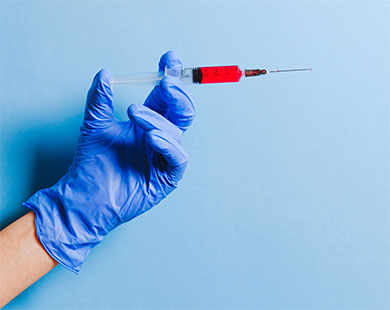In response to the COVID-19 pandemic, rapid sharing of information about planned clinical trials investigating treatments and vaccines was necessary. In this blog for Clinical Trials Day 2021, we look at the novel reporting of study protocols of COVID-19 randomised trials through the BMC Trials structured summary project over the past year. Due to the urgency of the COVID-19 pandemic, clinical trials were being registered, and participants recruited, at unprecedented speeds which would not allow time for publication of study protocols. We predicted that a lack of time to write a full study protocol article and delays in securing funding could be limiting factors to publication, especially in resource-limited settings and where authors are frontline healthcare workers. Accurately reported protocols are vital for research transparency, reducing the risk of bias in trial results, informing the scientific community about ongoing studies, avoiding duplication, and better coordinating research efforts. Therefore, Trials proposed implementing a new, simplified process for handling COVID-19 trial protocols.
Since I started taking these? I’ve had 2. In 9 months. One time of which I was actually sick with a viral infection. I really don’t think that’s a coincidence. Considering how many you get in a bottle…


Moving past the one-year anniversary of this project, Trials will continue to support the transparent reporting of COVID-19-related studies and are also inviting submissions of manuscripts discussing changes to clinical trials as a result of the COVID-19 pandemic, including updates to previously published protocols.
To find out more about how BMC are celebrating Clinical Trials Day 2021, please visit our dedicated page.

